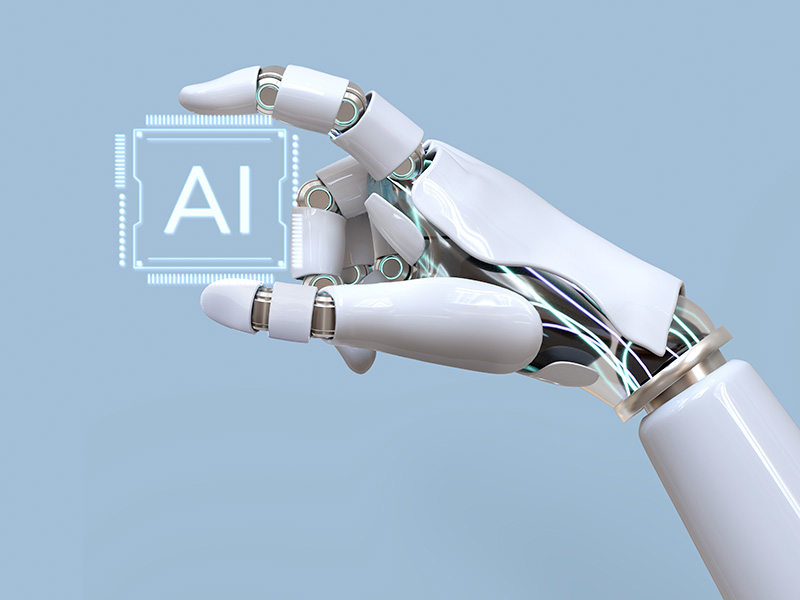
Although artificial intelligence has placed rapid content creation at our fingertips, content alone does not change performance. The words learning, education, training, and content are often used interchangeably, but they are not synonymous. If you’re unclear about the differences when choosing a vendor in the education space, you could be stuck with a ton of content and a partner that doesn’t align with your goals.
If you’re in the market to partner with a vendor to help with adult learning, first define what you seek to accomplish. Learning companies, education companies, training companies, and content providers offer different outcomes. If you don’t understand the differences, you could waste valuable time and resources.
Learn what makes each unique so you can select a vendor that best meets your goals.
Learning company
Learning changes human behavior or performance. Learning is not situational; it is lifelong and ongoing. A learning company studies the process of how one acquires knowledge and uses learning theory grounded in science to create education, training, and content that aligns with the human conditions of learning.
Learning theory crosses biology, psychology, computer science, and education. It focuses on changes in human behavior, memory, and the brain. This cross-section allows a company to study human performance and behaviors across learning environments to inform the future of education, training, and content design.
Education company
Education is the formal implementation of information delivery. Education helps humans see the world through a particular lens or light. It provides a depth of understanding by viewing the world from different perspectives. Education grounds an individual with critical and strategic thinking skills and understanding and provides the cognitive tools to help individuals think and solve problems.
The term education may bring to mind the pre-set formal education curriculum that many of us experienced in youth; the presentation of that education should have been grounded in learning science. Many educators go through an accreditation process anchored in understanding how to change human behavior or performance—learning.
Training company
Training is more short-term than education. It is process-oriented and has a specific goal: to complete a task. Once the learner accomplishes the task or process, the objective is complete. Training is repetitive and specific so a specific process can be replicated on demand.
Content provider
A content provider sells information that a learning, education, or training company can present to the learner. Think of text publishers, websites, and online sources of content libraries. Typically, content providers provide content in a single medium, like videos, and the consumers are responsible for understanding how to utilize these resources to change human behavior or performance.
A content provider may fuel resources, but they are not a standalone solution for changing behavior or performance. How content is provided is just as important as the content itself: what mediums are available, and how are those mediums situated to support changes in human behavior? When you share a link to a static content library for learners to consume information passively, you might give resources that train someone on a specific process. However, if not integrated with expertise in learning, these resources will typically not result in the desired outcomes. Without expertise in learning, content consumption alone will not change human behavior.
Ask yourself: What is the goal for the money, time, and resources you’ll invest in changing behaviors at your organization? I suspect you want a well-rounded program that includes each of these elements: content, training, education, and learning.
A learning company is able to provide expertise in each of these elements, while a content provider may or may not have any learning expertise. Anyone can produce words for content. In fact, with the rise of AI, we don’t even need a person to create content—ChatGPT and other artificial intelligence products can create content so quickly that the human element of content creation may move from expert to reviewer. But regardless of how content libraries continue to grow, content alone does not change how people perform.
Article originally published on November 27, 2023 on CCJ.com.
